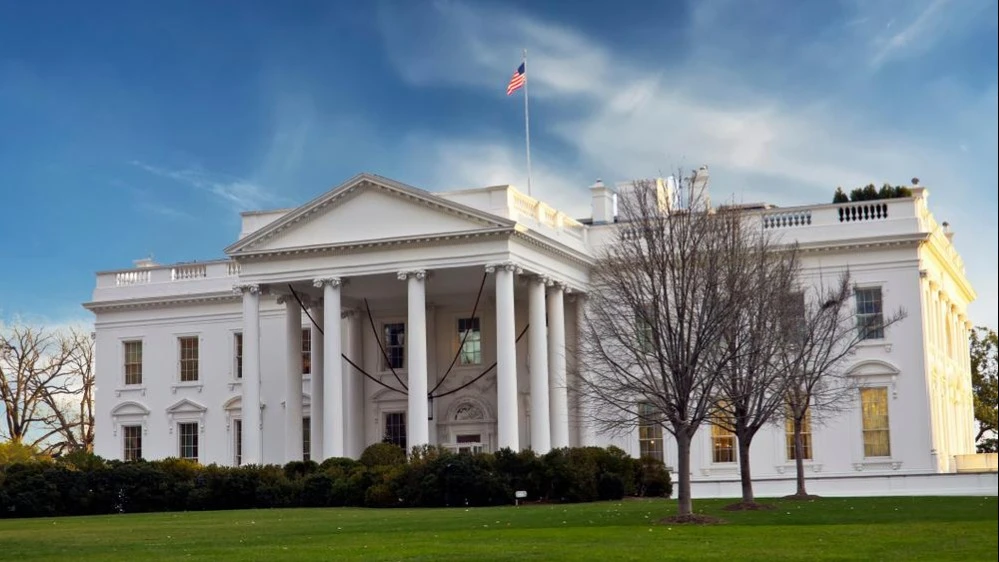The U.S. may join the operation against Iran. What scenarios are expected on Wall Street
Analysts warn of a sharp market reaction if Trump orders a strike on Iran

Donald Trump has approved a plan for a military operation against Iran, but has yet to give a final order, the WSJ reports citing three sources. Bloomberg's interlocutors say the strike could come as early as next weekend. Analysts warn that such an operation would lead to a sharp reaction from markets, which have so far tried to "ignore the escalation as much as possible." Here's what Wall Street is saying about the implications of a possible U.S. intervention.
Details
U.S. President Donald Trump told his aides on Tuesday that he has approved a plan to attack Iran but is refraining from giving a final order for now in hopes that such a threat would force Tehran to make concessions in nuclear talks, the WSJ reported. Trump has both publicly stated this week that he is considering the option of a military operation, but said he prefers to make a final decision "a second before it's required."
Sources Bloomberg confirm:High-ranking U.S. officials are preparing for the possibility of strikes on Iran in the coming days, some of the interlocutors said over the weekend.
In parallel, the U.S. military is beefing up its presence in the region, further fueling rumors of U.S. intervention, Reuters reports. They are moving forces into Europe and toward the Middle East, including refueling planes, warships and fighter jets, the WSJ writes.
As rates on the Polymarket website indicate, 63% of traders expect U.S. military action against Iran to begin before July. On Tuesday, the portal recorded a probability of 82%, noted Reuters. Investors fear White House intervention could widen conflict in a region with critical energy resources, supply chains and infrastructure.
How the markets reacted
After Bloomberg's publication, market sentiment turned more cautious, notes Marketwatch. Asian stock indexes fell more than 1%, the pan-European Stoxx 600 lost 0.4%, Germany's Dax fell 0.7% and France's Cac 40 was down 0.9%. immediately;
U.S. stock futures are losing within 0.6-0.8%. Trading in the U.S. on June 19 is closed due to the celebration of the National Independence Day Juneteenth.
Oil prices jumped: Brent was trading above $77 per barrel at the time of publication of this text expensive by 1.3%, while US WTI was up 0.8%.
What will happen in the stock market in case of a US strike
- "If the U.S. strikes, you'll see a sharp market reaction," warned Saxo UK investment strategist Neil Wilson, whose opinion is cited by Bloomberg. - No one will want to make big long bets."
- U.S. stocks could initially sag if Trump orders active U.S. military involvement in the conflict, Horizon Investment Services CEO Chuck Carlson told Reuters. However, he believes escalation may be more likely to lead to a denouement. "I can imagine that the initial reflex would be, 'This is bad,' and at the same time I think it would bring the situation to a tipping point more quickly," Carlson said. He believes the "tough approach" won't come as a surprise to the market, and it will mitigate the negative reaction.
- Peter Cardillo, chief market economist at Spartan Capital Securities, gave this prediction: "I personally don't think we will join this war. I believe Trump will do everything he can to avoid it. But if avoidance fails, it will initially be negative for the markets. Gold will go up. [government bond] yields will probably come down, and we'll probably see a dollar rally."
- "Investors want to be able to ignore it [the conflict], and as long as there is no reason to believe that this is a major regional conflict with possible U.S. involvement and a high likelihood of escalation, the market will tend to ignore it as much as possible," believes global co-head of Quantitative Investment Strategies Osman Ali. Reuters notes that so far -with all the geopolitical uncertainty, the S&P 500 index remains just 2% below its record closing level in February.
What scenarios analysts see for oil
- Barclays considers that crude prices could rise to $85 a barrel if Iranian exports are cut in half, and to around $100 in a "worst case scenario".
- A significant rise in oil prices "would be a negative supply shock to the global economy, lowering growth and boosting inflation, posing additional challenges for central banks already struggling to deal with the risks posed by Trump's duties," Citigroup economists said in a note, their quotedReuters.
- "Based on history, further destabilization of Iran could lead to a significant increase in oil prices that would persist for an extended period of time," Natasha Kaneva, head of global commodities research at JPMorgan, warned in a note to clients that reported CNBC on Wednesday. Kaneva considered a scenario with regime change in oil-producing countries: she estimated that such a development "could have a profound impact" on oil policy, production levels and global prices in both the short and long term. Iran is the third-largest producer in OPEC and exports about 1.6 million barrels of crude oil per day, the TV channel recalls.
JPMorgan calculates that in the past, regime changes in oil-supplying countries have caused commodity prices to spike an average of 76% at the peak and then stabilize 30% above pre-crisis levels. The bank also cited the example of the 1979 Iranian revolution, when a 5 million barrel per day drop in the country's oil exports triggered a doubling of prices and a recession;
If there are no major political upheavals, the price rise could be short-lived, JPMorgan said. Most oil shocks caused by conflicts involving Israel have been short-lived, except for the 1973 Doomsday War, the investment bank notes;
